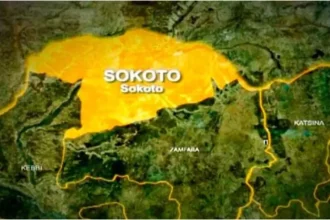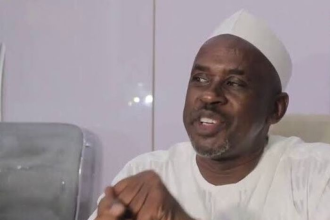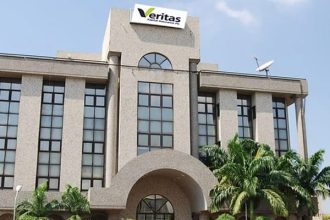Global Independent Connect Limited (GICL), a subsidiary of IHS Towers Nigeria, has reiterated its commitment to strengthening Nigeria’s digital infrastructure through the deployment of over 600 rural connectivity sites and the installation of more than 16,000 kilometers of fiber optic cables.
Speaking at the Design Workshops – Building Productive Sectors: Investing in the Digital Economy during the 31st Nigerian Economic Summit (NESG) on Tuesday in Abuja, Olabode Ojo, vice president of GICL, outlined the company’s efforts to expand access to mobile networks and digital services across the country.
“At GICL and IHS, our goal is to provide the infrastructure needed to support Nigeria’s digital economy,” said Ojo.
“This includes building and maintaining fiber networks that support technologies like 4G and 5G, which enable services such as financial inclusion, e-health, education, and agriculture.”
Read also: Medical experts proffer solutions to fertility challenge between couples
Ojo noted that GICL has deployed over 600 sites in 26 states, providing 2G, 3G, and 4G connectivity to underserved and rural communities. The initiative aims to bridge the digital divide and improve access to essential services.
“People in these areas now have access to education, healthcare, and digital financial tools,” he said. “This supports broader economic and social development.”
He also referenced recent government initiatives, including plans by the Federal Ministry of Communications, Innovation and Digital Economy to deploy 90,000 kilometers of fiber and establish 7,000 rural telephony sites.
“These plans are ambitious but achievable,” Ojo said. “We are ready to collaborate with the government to help make them a reality.”
Although agriculture is not GICL’s core focus, Ojo acknowledged its role in the digital value chain and the potential for infrastructure to support agricultural services and data access.
“These goals are attainable with collaboration from all stakeholders,” he said. “We must stay focused and work together to achieve them.”
With continued investment from both the public and private sectors, Nigeria’s digital economy is expected to grow, with GICL’s rural connectivity projects playing a key role in that development.




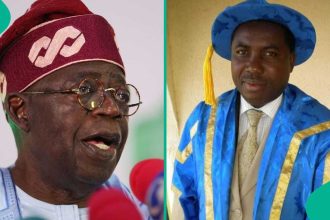


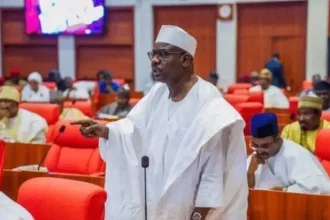

&format=jpeg)
